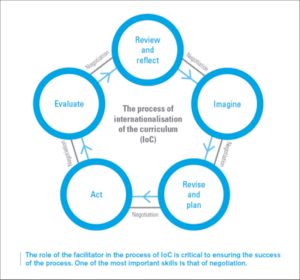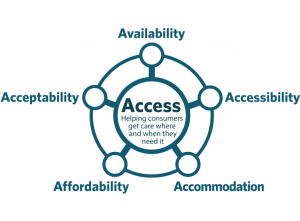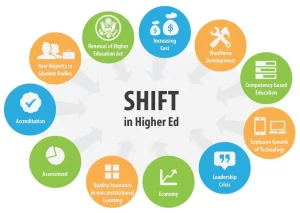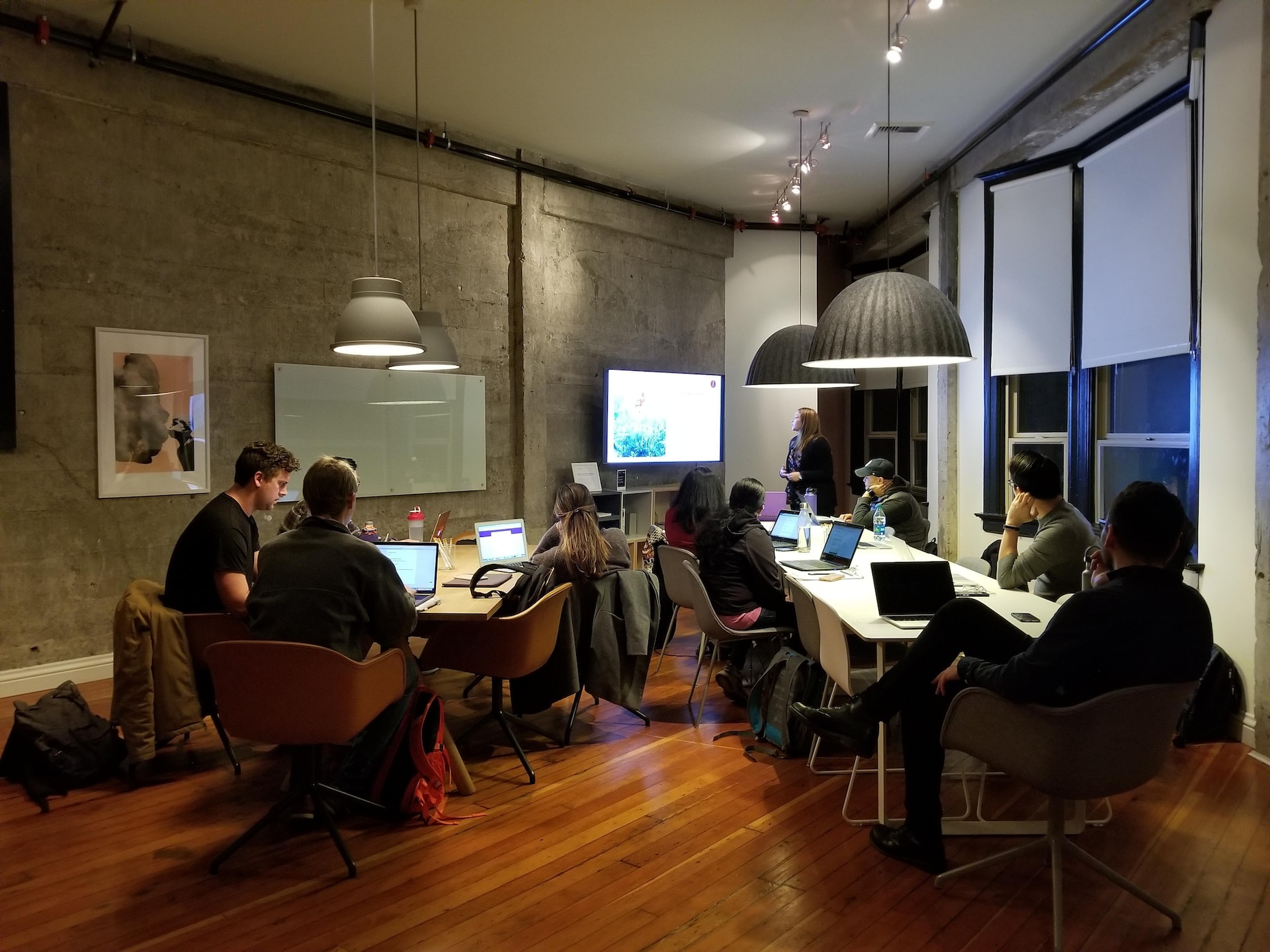Introduction :
Trends in Higher Education 2024 is undergoing a transformational shift in 2024, characterized by pioneering progress. This article delves into the key trends shaping the landscape of higher education this year, exploring innovations, challenges, and opportunities on the horizon.
Embracing Technological Advancements in Learning:
Trends in Higher Education 2024 in an era marked by rapid technological advancements, higher education institutions are integrating cutting-edge technologies into their pedagogical approaches. From virtual reality (VR) simulations to artificial intelligence (AI) tutors, educators are leveraging these tools to create immersive and personalized learning experiences for students.
Adapting Curriculum :

Trends in Higher Education 2024 in response to the evolving demands of the workforce, universities and colleges are revamping their curriculum to ensure alignment with industry needs. By offering specialized programs in emerging fields such as data science, cybersecurity, and renewable energy, institutions are equipping students with the skills and knowledge required to thrive in today’s competitive job market.
Fostering Diversity and Inclusion:
Promoting diversity and inclusion has emerged as a focal point for higher education institutions, reflecting a commitment to equity and social justice. Universities are implementing initiatives to enhance diversity among students, faculty, and staff, fostering a more inclusive learning environment where individuals from all backgrounds feel valued and supported.
Addressing Mental Health and Well-being:
Trends in Higher Education 2024 recognizing the importance of mental health and well-being, universities are prioritizing resources and support services to address the holistic needs of students. From counseling centers to mindfulness programs, institutions are implementing proactive measures to promote mental wellness and resilience among their student populations.
Enhancing Accessibility and Affordability:

Trends in Higher Education 2024 amidst rising tuition costs and economic challenges, higher education institutions are striving to enhance accessibility and affordability for students. This includes initiatives such as open educational resources (OER), financial aid programs, and flexible learning options, ensuring that education remains accessible to all, regardless of financial background.
Investing in Sustainable Practices:
With growing concerns about climate change and environmental sustainability, universities are ramping up efforts to reduce their carbon footprint and promote eco-friendly practices. From campus-wide recycling programs to sustainable building initiatives, institutions are demonstrating their commitment to environmental stewardship and responsible citizenship.
Empowering Lifelong Learning:
Trends in Higher Education 2024 in a rapidly changing world, the concept of lifelong learning has gained prominence, with individuals seeking opportunities to upskill and reskill throughout their careers. Higher education institutions are responding by offering continuing education programs, micro-credentials, and online courses tailored to the needs of working professionals.
Emphasizing Experiential Learning:
Trends in Higher Education 2024 recognizing the value of hands-on experience, universities are expanding opportunities for experiential learning, such as internships, co-op programs, and service-learning projects. By bridging the gap between theory and practice, these initiatives enable students to apply their knowledge in real-world settings, preparing them for success beyond the classroom.
Leveraging Data Analytics for Decision-Making:

Trends in Higher Education 2024 data analytics is playing an increasingly vital role in higher education, enabling institutions to make data-driven decisions and improve student outcomes. From predictive analytics to student success dashboards, universities are harnessing the power of data to enhance retention rates, personalize learning experiences, and optimize resource allocation.
Promoting Global Citizenship:
In an interconnected world, universities are fostering global citizenship by promoting cross-cultural exchange, international collaboration, and study abroad programs. By exposing students to diverse perspectives and experiences, institutions are preparing them to navigate complex global challenges and become responsible global citizens.
Navigating the Challenges of Online Learning:
Trends in Higher Education 2024 while online learning offers unprecedented flexibility and accessibility, it also presents challenges related to engagement, equity, and digital divide. Higher education institutions are grappling with these issues and exploring strategies to enhance the quality and inclusivity of online education, ensuring that all students have access to high-quality learning experiences.
Embracing Innovation in Assessment Methods:
Traditional assessment methods are giving way to innovative approaches that emphasize competency-based assessment, project-based learning, and authentic assessments. By focusing on mastery of skills and competencies, rather than rote memorization, universities are better preparing students for success in the 21st-century workforce.
Navigating the Future of Higher Education:

Trends in Higher Education 2024 as we look ahead to the future of higher education, it is clear that innovation, adaptation, and collaboration will be essential drivers of progress. By embracing emerging trends and harnessing the power of technology, universities can continue to empower students, foster discovery, and drive positive change in society.
Conclusion:
In conclusion, Trends in Higher Education 2024 reflect a dynamic landscape characterized by innovation, adaptation, and inclusivity. As universities and colleges embrace technological advancements, adapt their curriculum to meet industry demands, and prioritize diversity and mental well-being, they are paving the way for a more accessible, sustainable, and globally engaged educational experience.By fostering lifelong learning opportunities, emphasizing experiential learning, and leveraging data analytics for informed decision-making, institutions are preparing students to navigate the complexities of the modern world and contribute meaningfully to society. Despite challenges posed by online learning and the need for innovative assessment methods, higher education remains steadfast in its commitment to driving progress and fostering positive change.
As we navigate the future of higher education, collaboration and creativity will be key. By staying attuned to emerging trends, harnessing the power of technology, and promoting a culture of continuous improvement, universities can continue to empower individuals, advance knowledge, and shape a brighter future for generations to come.
FAQs
How do universities leverage data analytics for decision-making?
They utilize predictive analytics and student success dashboards to improve retention, personalize learning, and optimize resource allocation.
What challenges exist in online learning for higher education institutions?
Challenges involve engagement, equity, and digital disparities, necessitating support for student success in online formats.
How are universities innovating assessment methods?
They adopt competency-based, project-oriented, and authentic assessments, focusing on skill mastery and holistic learning evaluation.










